The controversy surrounding Sports Kenya has now caught national attention as more details emerge about how billions meant for sports development may have been stolen.
Lawmakers sitting in the National Assembly’s Public Investments Committee on Social Services, Administration and Agriculture (PIC-SSAA) are digging into what they describe as one of the worst cases of financial mismanagement in the sports sector.
Their findings suggest that taxpayers’ money allocated for building stadiums and funding international sports events was mishandled through inflated contracts, fake projects, and missing financial records.
The committee, chaired by Saboti MP Caleb Amisi, has raised serious concerns about how Sports Kenya has been running its operations.
During a tense parliamentary session, Sports Kenya CEO Gabriel Komora faced tough questions about ballooning construction costs and unaccounted funds in several projects.
Lawmakers accused the agency’s top officials of overseeing systematic mismanagement and warned that some individuals might soon face prosecution. Amisi did not mince his words when he described the revelations as a direct insult to Kenyan taxpayers, calling it a case of deliberate misuse of public money that must not go unpunished.
Among the most shocking discoveries was the massive inflation of costs in stadium construction.
The Kinoru Stadium project in Meru, for example, saw its cost rise from Ksh109 million to Ksh355 million, creating a gap of Ksh246 million that remains unexplained.
Other county stadiums faced similar issues. According to the committee, seven projects initially budgeted at Ksh2.8 billion somehow turned into eight projects worth Ksh2.9 billion. Lawmakers were left wondering how an extra stadium appeared in government records without any official approval or explanation.
Komora tried to defend his office by saying that some of the original financial documents were handed to the Ethics and Anti-Corruption Commission (EACC) and had not been returned.
However, MPs rejected his claim, reminding him that EACC is legally required to return certified copies once investigations are over.
The lawmakers were also angered by the discovery that Ksh30 million had been paid to consultants for creating Public-Private Partnership models for stadiums that were later abandoned.
They described this as yet another channel through which public funds were wasted without delivering any benefit to citizens. The rot did not stop there.
The committee uncovered questionable transactions linked to the 2017 World U18 Athletics Championships, where Sports Kenya reportedly spent Ksh382 million.
However, only Ksh274.8 million was refunded by the Ministry of Sports, leaving a shortfall of Ksh47.39 million that remains unaccounted for. In addition, interest certificates worth Ksh73 million were not paid, while another Ksh48 million sent to Athletics Kenya lacked any supporting documents.
The MPs dismissed attempts to pass blame to the Local Organizing Committee, warning that anyone responsible for the missing funds would be held personally accountable.
With public outrage growing, the committee has announced plans to summon Defence Cabinet Secretary Soipan Tuya and Sports Cabinet Secretary Salim Mvurya to explain how the funds were handled.
Lawmakers believe both ministries played key roles in approving or supervising the expenditure.
They also intend to summon EACC officials to explain why investigations into the matter have dragged on without any formal report. Amisi said Parliament will not tolerate collusion between investigators and corrupt officials, warning that any cover-up will lead to legal action.
MPs have proposed suspending all payments related to stadium projects until every discrepancy is resolved. They are also pushing for a forensic audit to track down all the missing money and expose those who benefitted from the scandal.
Amisi emphasized that Sports Kenya cannot continue operating as if it is a private business, reminding the leadership that the money involved belongs to the people of Kenya.
The inquiry into Sports Kenya’s financial dealings has now become one of the biggest corruption cases in recent memory. Many Kenyans are following the developments closely, demanding justice and hoping this time, accountability will not be selective.
The unfolding scandal has once again shown how deep-rooted corruption remains in Kenya’s sports sector, where funds meant to nurture talent and improve facilities often end up lining the pockets of greedy officials.

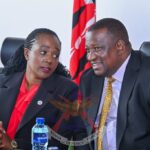





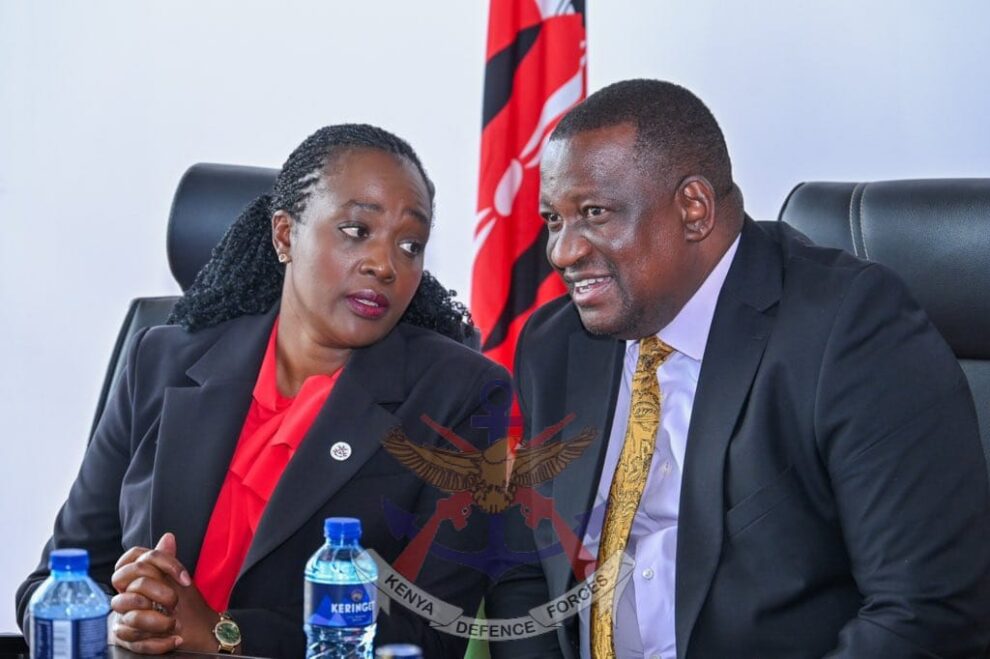

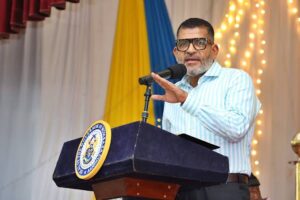
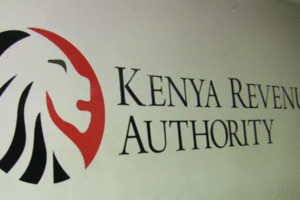


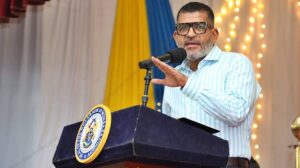
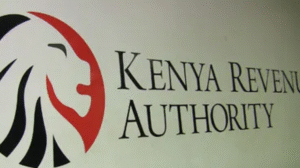
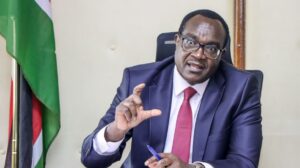
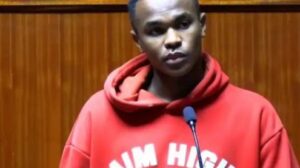

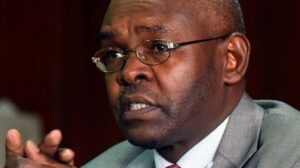
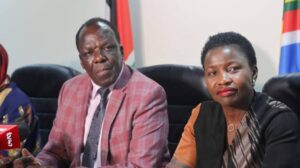
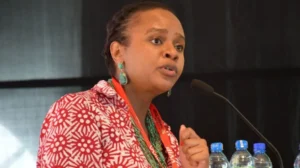
Add Comment